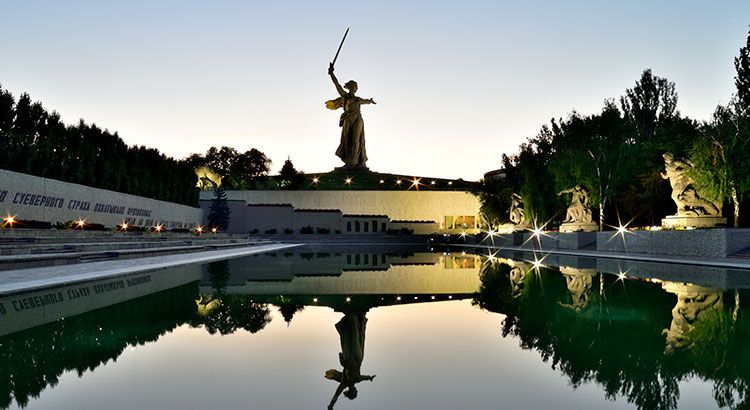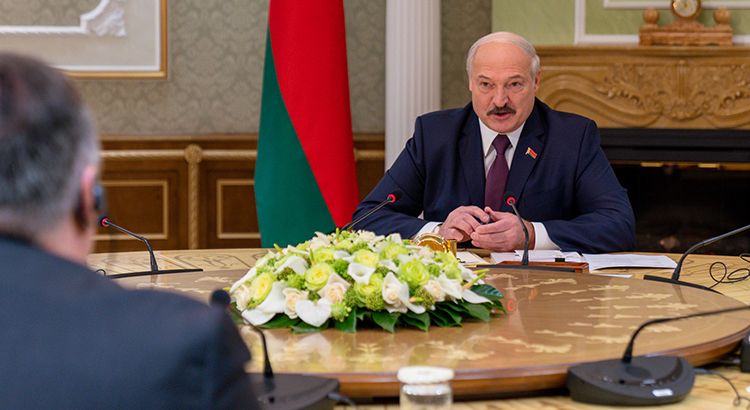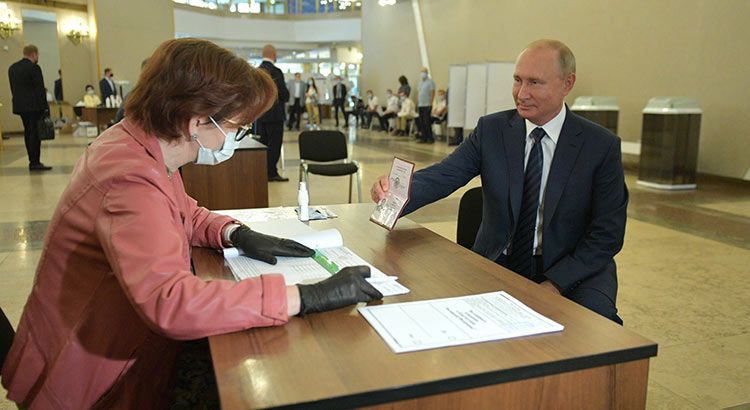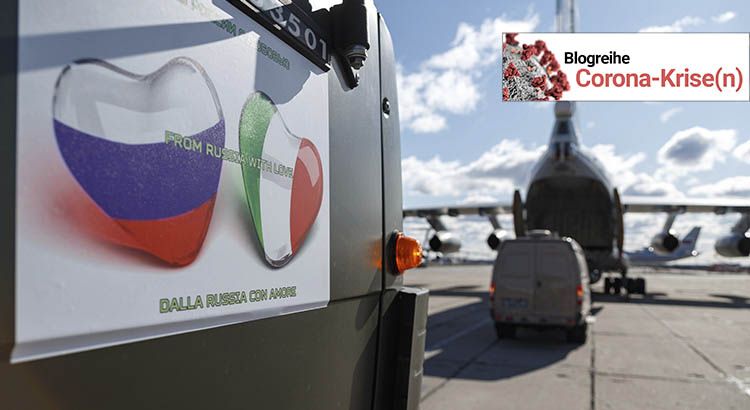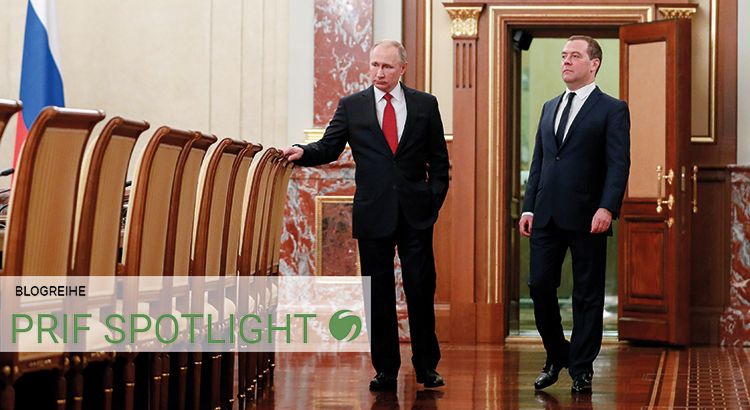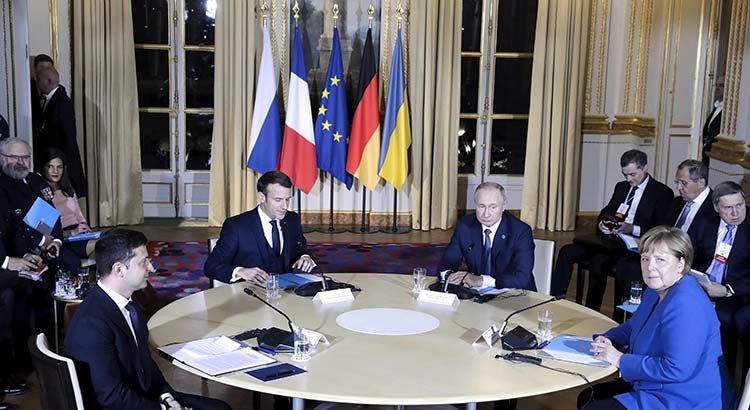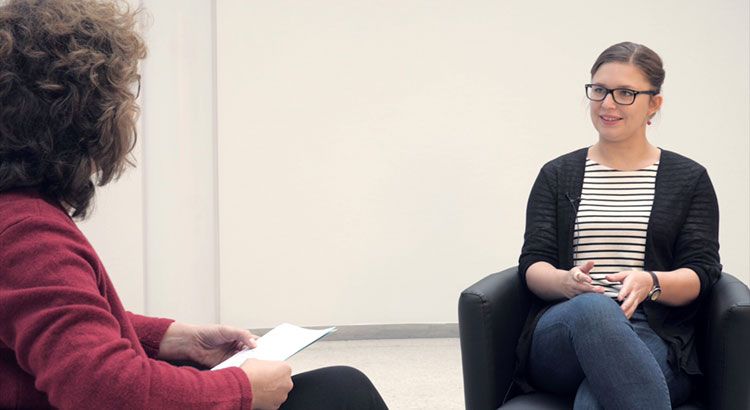Schlagwort: Russland
Winning Elections but Losing the Country. What does a Weakened Lukashenka Regime Mean for European Security?
What Does the New Russian Constitution Mean for European Security?
From Russia with Love?! Putin and the Pandemic
Lost in Transition? Putin’s Strategy for 2024
What Does the Normandy Summit Mean for the Peace Process in Ukraine?
Dunkle Wolken am Offenen Himmel. Verlassen die USA den Open Skies Treaty?
Chernobyl’s Fallout, Beyond Radiation
PRIF talk #001 mit Vera Rogova // Wirtschaft in Russland
Gleich mit der ersten Episode starten wir eine kleine eigene Reihe über unsere DoktorandInnen. Zehn bis fünfzehn Promovierende gibt es bei PRIF. In erster Linie arbeiten sie natürlich an ihrer Dissertation, aber DoktorandIn bei PRIF zu sein, bringt auch so einige andere Aufgaben mit sich.
Wir finden, da lohnt es sich nachzuhaken. Uns interessiert, wie sie zu ihrem Dissertationsthema gekommen sind oder wie das Zeitmanagement und die Selbstmotivation klappen? Wie ist das, wenn man auf einer internationalen Konferenz Vorträge hält oder Telefoninterviews zu aktuellen politischen Themen geben muss? Oder aber auch: Was könnte die deutsche oder EU-Politik besser machen?
Den Anfang macht unser Gespräch mit Vera Rogova. Sie promoviert im PRIF-Programmbereich „Innerstaatliche Konflikte“ zur wirtschaftlichen Entwicklung Russlands.
Einen kürzeren Zusammenschnitt des Gesprächs haben wir auch als Video veröffentlicht, und zwar bei youtube.
*Shownotes*
- Weitere Informationen über Veras Projekt
- Webseite der Schlangenbader Gespräche
- Bericht über 20 Jahre Schlangenbader Gespräche: EVGENIYA BAKALOVA, VERA ROGOVA // Twenty years of German-Russian relations through the prism of the Schlangenbad Talks
